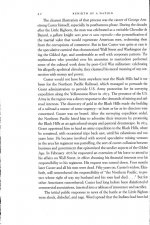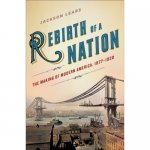PolarBear
Major
- Joined
- Feb 24, 2007
- Messages
- 6,706
I picked up a new book today called Rebirth of A Nation: The Making of Modern America 1877-1920 by Jackson Lears. It includes an interesting insight on Custer's connection to the Black Hills as a Wall Street investment opportunity that I was unaware of.
From a review of the book:
"Perhaps more than any other American in those years, George Armstrong Custer, who met his end at the Battle of the Little Big Horn in 1876, symbolized the creed of redemption through blood. But Lears, with keen insight, refashions even our best known stories. It turns out that Custer was deeply involved in Wall Street speculations in Black Hills mining operations, and his fateful and overly ambitious military calculations at Little Big Horn were skewed by his equally ambitious desire to rid the Black Hills of Indian claims."
From a review of the book:
"Perhaps more than any other American in those years, George Armstrong Custer, who met his end at the Battle of the Little Big Horn in 1876, symbolized the creed of redemption through blood. But Lears, with keen insight, refashions even our best known stories. It turns out that Custer was deeply involved in Wall Street speculations in Black Hills mining operations, and his fateful and overly ambitious military calculations at Little Big Horn were skewed by his equally ambitious desire to rid the Black Hills of Indian claims."



